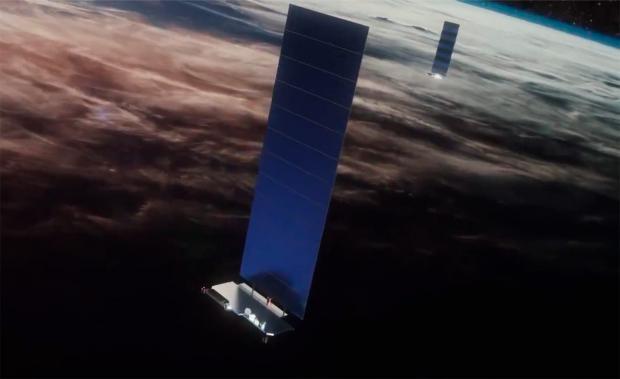
Breaking News
 Harbor Freight Coverpro 12x20 made into a Metal Building part 2
Harbor Freight Coverpro 12x20 made into a Metal Building part 2
 Brian Cole BUSTED, Halle Berry NUKES Newsom + Candace REJECTS TPUSA Challenge...
Brian Cole BUSTED, Halle Berry NUKES Newsom + Candace REJECTS TPUSA Challenge...
 I spent my Thanksgiving in the emergency rom... Medical emergencies can pop up at any time.
I spent my Thanksgiving in the emergency rom... Medical emergencies can pop up at any time.
 The "Golden Age" of Job Layoffs?
The "Golden Age" of Job Layoffs?
Top Tech News
 Build a Greenhouse HEATER that Lasts 10-15 DAYS!
Build a Greenhouse HEATER that Lasts 10-15 DAYS!
 Look at the genius idea he came up with using this tank that nobody wanted
Look at the genius idea he came up with using this tank that nobody wanted
 Latest Comet 3I Atlas Anomolies Like the Impossible 600,000 Mile Long Sunward Tail
Latest Comet 3I Atlas Anomolies Like the Impossible 600,000 Mile Long Sunward Tail
 Tesla Just Opened Its Biggest Supercharger Station Ever--And It's Powered By Solar And Batteries
Tesla Just Opened Its Biggest Supercharger Station Ever--And It's Powered By Solar And Batteries
 Your body already knows how to regrow limbs. We just haven't figured out how to turn it on yet.
Your body already knows how to regrow limbs. We just haven't figured out how to turn it on yet.
 We've wiretapped the gut-brain hotline to decode signals driving disease
We've wiretapped the gut-brain hotline to decode signals driving disease
 3D-printable concrete alternative hardens in three days, not four weeks
3D-printable concrete alternative hardens in three days, not four weeks
 Could satellite-beaming planes and airships make SpaceX's Starlink obsolete?
Could satellite-beaming planes and airships make SpaceX's Starlink obsolete?
SpaceX launches 60 Starlink internet satellites, sticks rocket landing

A two-stage Falcon 9 rocket carrying a full load of 60 Starlink satellites lifted off at 8:46 a.m. EDT (1246 GMT) from Pad 39A at NASA's Kennedy Space Center in Florida. The booster's first stage came back to Earth about 9 minutes after launch, landing on one of SpaceX's drone ships in the Atlantic Ocean.
This was the third attempt to get this particular mission off the ground, following weather and data-review delays. The launch marks the first Starlink mission this month and SpaceX's 16th mission so far in 2020. The company's fleet of flight-proven boosters has been busy this summer, with the California-based rocket builder reaching a new milestone on its previous Starlink flight: launching and landing the same first-stage booster six times.
After a weekend of stormy weather, it was nothing but sunny skies and clear weather for a picture-perfect launch. Onlookers cheered as the rumble of the engines roared overhead.
"What a beautiful sight," SpaceX engineer and launch commentator Kate Tice said after the satellites floated away after a smooth deployment.
SpaceX had initially planned to conduct a launch doubleheader on Sunday (Aug. 30), with two different Falcon 9s launching from the company's Florida-based launch pads on the same day — a first for the private spaceflight company. However, those plans were thwarted by poor weather conditions produced by typical summertime thunderstorms in the area.

 First totally synthetic human brain model has been realized
First totally synthetic human brain model has been realized Mach-23 potato gun to shoot satellites into space
Mach-23 potato gun to shoot satellites into space

